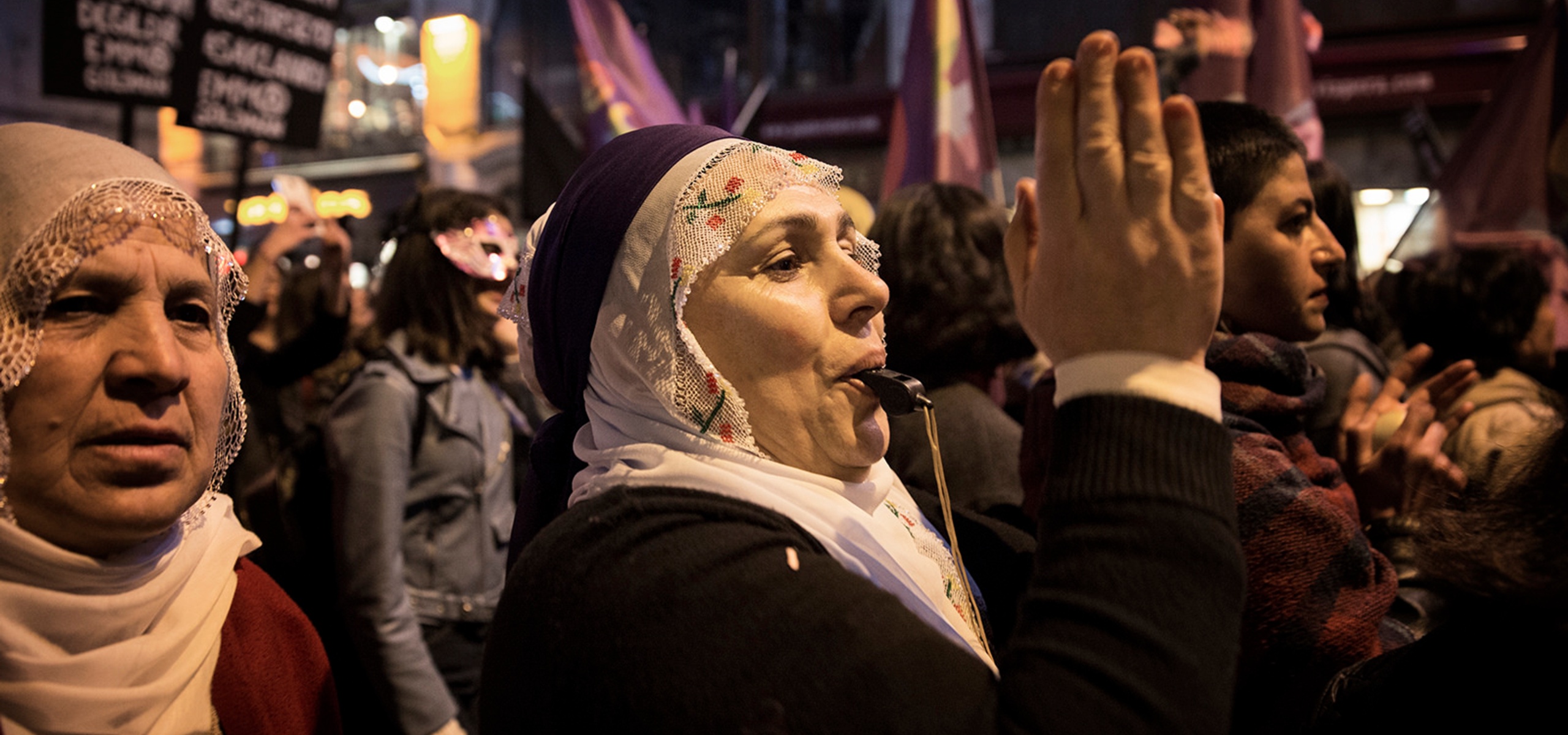According to the World Bank, “90% of economies worldwide have at least one discriminatory law that makes it more difficult for women than for men to work or operate a business.” Fernanda Nicola, Professor of Law and Director of the Program on International Organizations, Law and Diplomacy at American University Washington College of Law, participates in a panel discussion at the World Bank during the Law, Justice and Development Week 2017. The conversation centers on the role comparative law in achieving greater gender equality in the workplace and the significance of the World Bank dataset on laws affecting women’s economic opportunities. “Legal reforms based on comparative data from the World Bank’s indicators supplemented by qualitative and contextual knowledge can provide an effective tool to address gender and economic inequality in the political economy of family law,” says Professor Nicola.
Fernanda Nicola November 26, 2017
